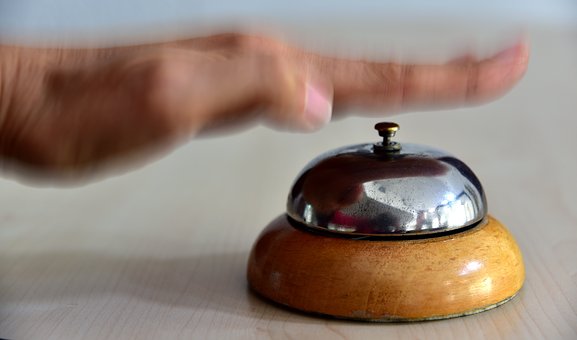Scotland’s tourist tax plan needs to be fit for purpose, warns ICAS

The Institute of Chartered Accountants of Scotland (ICAS) has called for robust public debate on Scottish tax raising powers, including the introduction of a tourist tax.
Commenting on the Scottish Government discussion document, “Tourism Tax”, Justine Riccomini, Head of Taxation at ICAS, said: “Our main concern with a tourist tax is that there are no unintended consequences.
“It is vital that such a tax does not deter tourists from visiting the country or become a barrier to growth of Scottish business.”
“The effect of a tourist tax on taxpayer behaviour should be thoroughly investigated as should the effect of increased competition between cities and towns across Scotland, especially if the tax is levied by local authorities.”
The Scottish Government is looking at the question of whether tourist taxes should be levied in Scotland.
“Under the Scotland Act 1998, the Scottish Government can create new devolved taxes subject to the overarching consent of Westminster.
“Some of the ideas put forward centre around a tourist tax, a tax on disposable plastics and a tax on vacant land,” explained Riccomini.
In its response to the Scottish government’s Tourism Tax paper, ICAS recommends that there is “robust public debate” and sets out eight steps to making good tax legislation, so that the tax fulfils the intended objectives.
“ICAS would like to see carefully reasoned consideration and welcomes the opportunity to enter into discussions with the Scottish Government on this and any proposals for new taxes,” added Riccomini.
Meanwhile, the introduction of a proposed ‘tourist tax’ in the Highlands would run the risk of killing the goose that lays the golden eggs, according to Inverness Chamber of Commerce.
In a strongly-worded letter to the Scottish Government, which is holding a national discussion on a possible Transient Visitor Levy, Inverness Chamber’s chief executive Stewart Nicol said it would be a further unwelcome tax on the area’s hard-pressed tourism and hospitality sector.
Inverness Chamber, which represents 420 businesses, including a significant number of tourism operators, has been a long-standing opponent of a visitor levy.
In his letter on behalf of the Board of Inverness Chamber, Mr Nicol says: “The tourism sector is already facing unprecedented challenges with recruitment and the retention of skilled staff. In the Highlands, this has been a real challenge for many years and has been critically exacerbated by Brexit.
“We have a real concern that there is a danger of ‘killing the goose’ with this proposed levy. The sector has been under some significant and well documented cost challenges in recent years, particularly around business rates.
“Regardless of how the levy is framed, this would act as a further unwelcome tax on this hard-pressed sector.”
Mr Nicol said that much has been made of internationally-comparative countries, particularly in Europe, which have successfully implemented similar tourist tax policies.
However, he said: “Your own analysis makes it clear that the overall fiscal regime in such countries is fundamentally different and much lower. If implemented in Scotland, this would add to an already burdensome tax structure.”
Inverness Chamber has also questioned the intention of having the tourism levy collected by local authorities who would ring-fence the funds for ‘tourism projects’ at a time they are under significant and increasing financial pressures.
“We have a real concern over imposing this additional administrative burden on over-stretched local authorities and have a concern whether in fact funds would be used in the entirety to deliver tourism-related investment”, Mr Nicol argued.
He also pointed out that many businesses in the Highlands and Islands travel to other parts of Scotland to do business and the area also attracts in-bound business people, with overnight stays the norm in each scenario. These stays will, presumably, also be subject to the tourism tax.
“This is perhaps an unintended consequence of the tourism tax that will be an additional burden on Highland businesses as well as giving out a message that the Highlands could be an increasingly expensive place in which to do business.”



